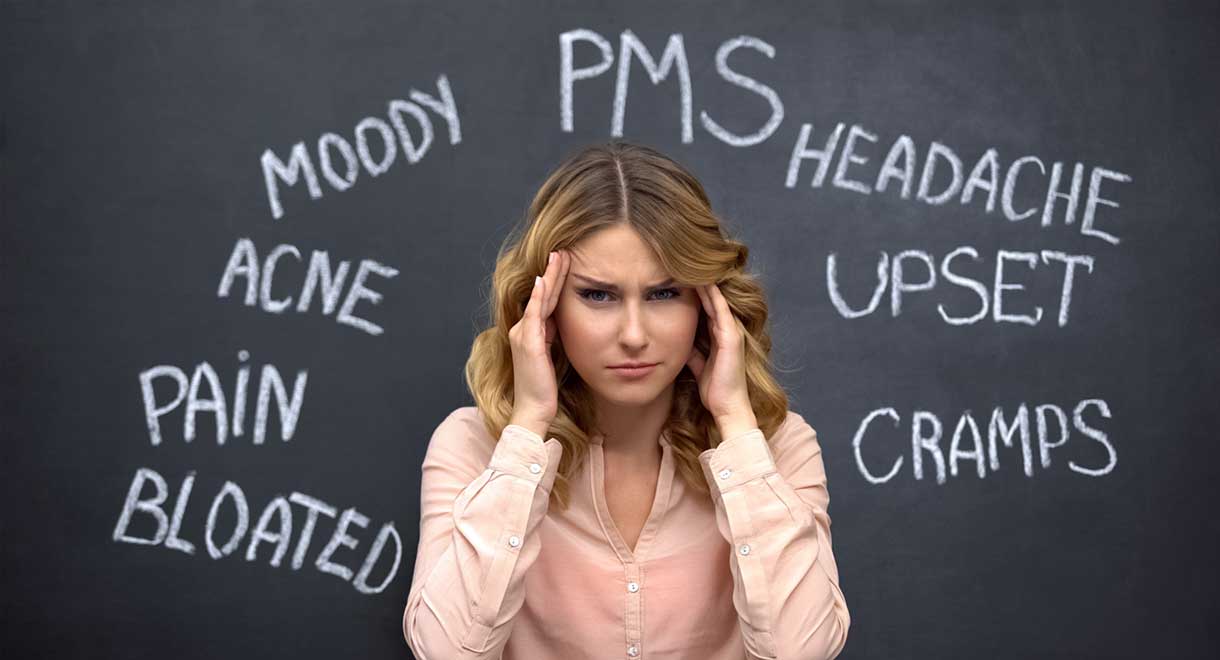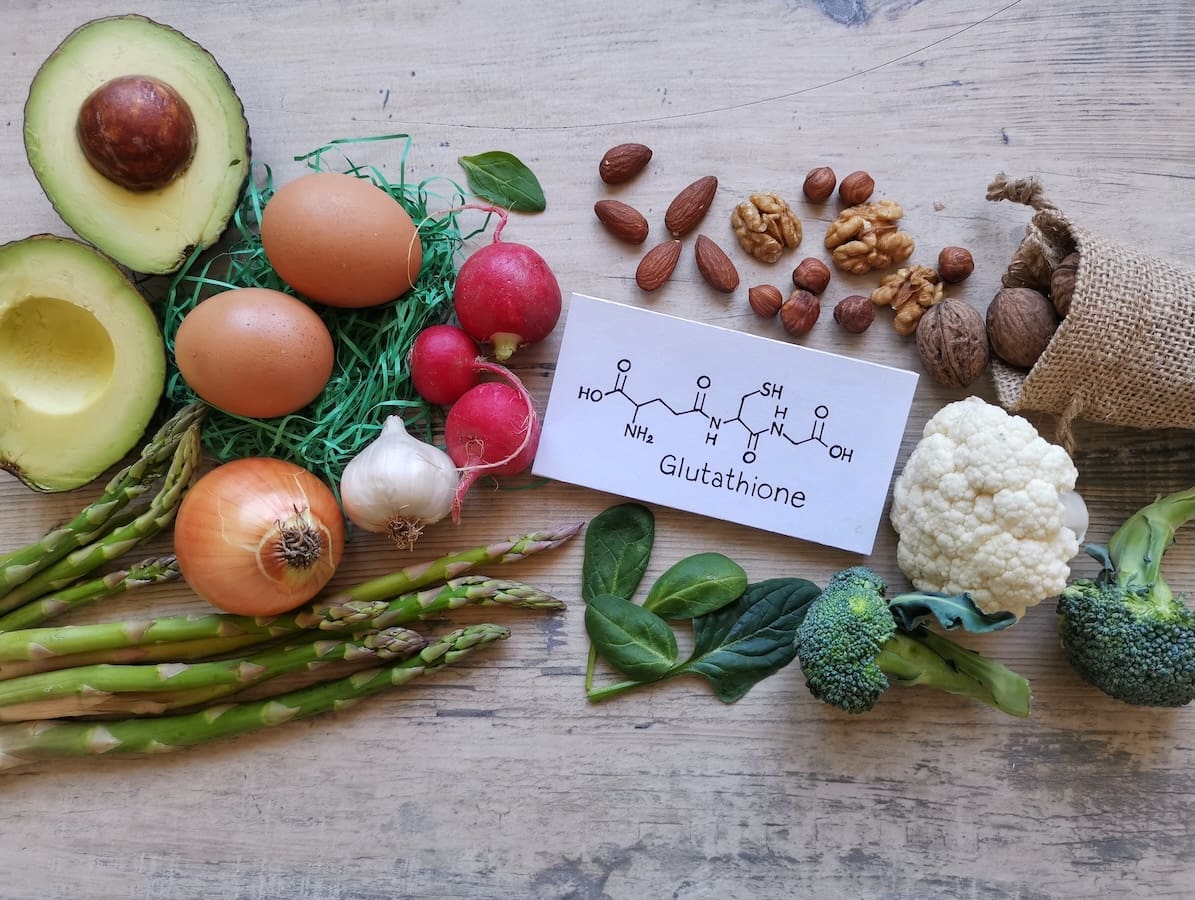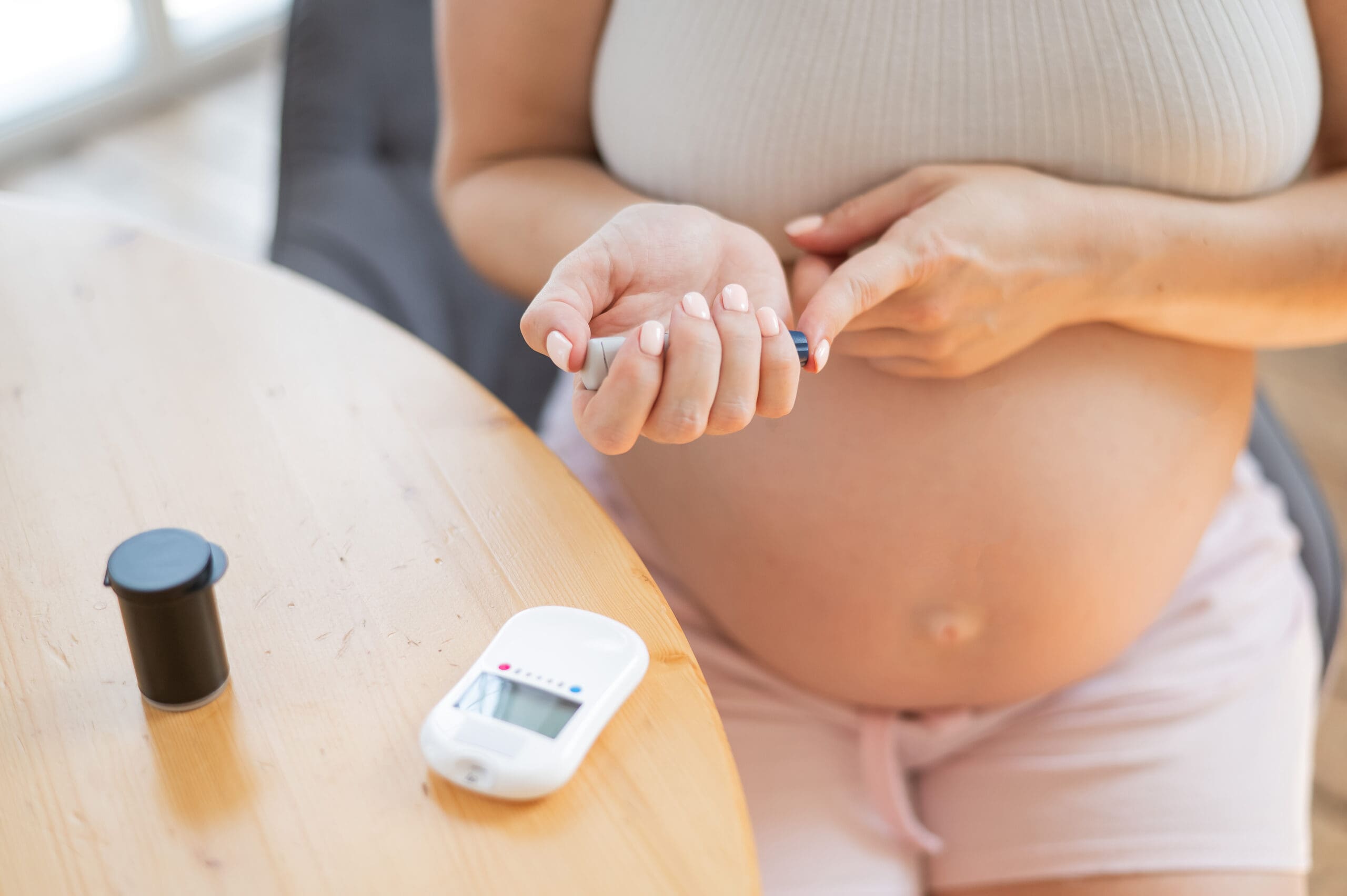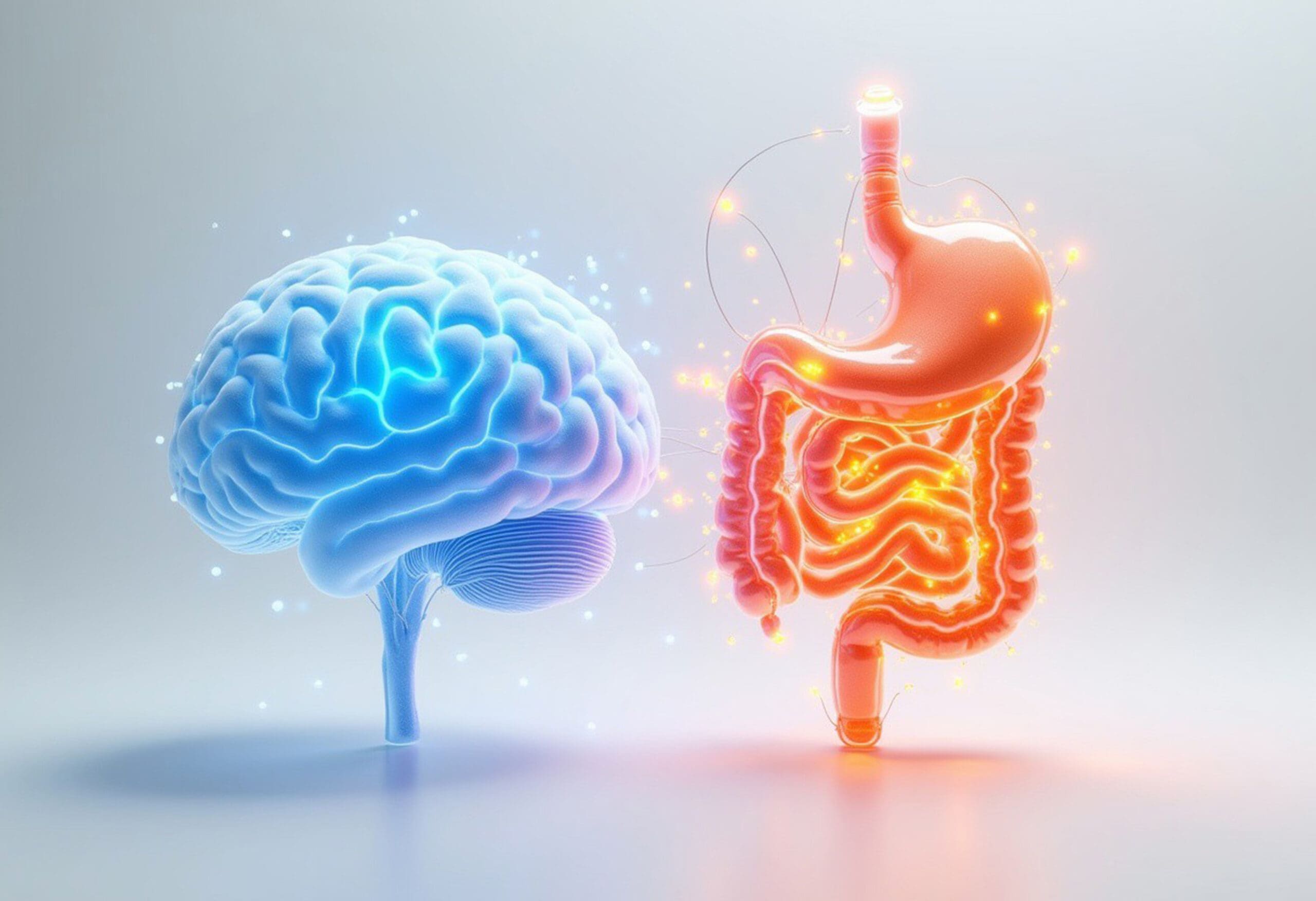PMS symptoms could be caused by inflammation
By naturopath Margaret Jasinska
Nearly every woman experiences some degree of pre-menstrual symptoms. They are usually attributed to hormonal imbalance, but inflammation could be to blame. I have seen that menstrual problems tend to be worse in my patients with autoimmune disease, gut problems and histamine intolerance.
Research recently published in the Journal of Women’s Health has shown that breast pain, mood changes and abdominal cramps are mostly driven by inflammation. Women with high levels of inflammation in their bodies are more likely to experience these symptoms before and during menstruation, and symptoms tend to be more severe. The study showed that headaches are less likely to be caused by inflammation, and more related to hormonal shifts.
The lead author of the study is Ellen Gold, professor of public health sciences at UC Davis in the United States. She has said: “Premenstrual symptoms are not well studied even though they affect most women, some of them significantly. It’s important to understand the physiology of these symptoms, because it’s the first step to gaining insights that can improve treatments”.
Menstrual problems are a significant issue for a lot of women and they can severely reduce quality of life when they are intense or of a long duration. Many women are not aware of effective treatments, therefore suffer unnecessarily.
The researchers studied 3000 women and discovered that higher blood levels of CRP (c-reactive protein) were associated with premenstrual mood changes, food cravings, bloating, abdominal cramps, back pain, weight gain and breast pain. If you suffer with these symptoms it would be a good idea to ask your doctor or naturopath for a blood test to check your CRP level.
If there is too much inflammation in your body, we then need to figure out what’s causing it.
Inflammation is your body’s response to injury, infection, allergies, stress or chronic disease. A certain level of inflammation is necessary and helpful, in order for your body to overcome these conditions. Problems arise when the inflammation becomes excessive or continues for too long.
In the majority of cases, the inflammation is coming from the gut. Food sensitivities, leaky gut and overgrowth of the wrong gut microbes trigger an inflammatory reaction in the intestines. This is where approximately 80 percent of your immune cells are located, so it makes sense that the gut would have a large impact on systemic inflammation.
Chronic inflammation greatly contributes to fatigue, pain, low mood and an inability to lose weight. The symptoms of a great variety of health conditions are aggravated by excessive inflammation. It is also thought that long term high levels of inflammation in your body speed up the ageing process and increase your risk of heart attacks, strokes and cancer. Inflammation basically causes wear and tear inside your body; it wears your body out more quickly.
The best way to reduce inflammation is to remove or reduce the cause of the problem – for example, treat the infection, or remove the allergens or stress that are creating inflammatory chemicals.
Another way to overcome excess inflammation is to eat foods and take nutritional supplements with natural anti-inflammatory properties. This, along with healing the gut are the most effective ways to tackle this common health problem. Progesterone deficiency is also a major player in most premenstrual problems, and this too should be addressed. For more information, see our book Healing Autoimmune Disease. A plan to help your immune system and reduce inflammation. Taking magnesium can help significantly because it relieves symptoms of premenstrual tension.









It’s always interesting reading your articles. They are so beneficial, helpful and easy to read and understand!